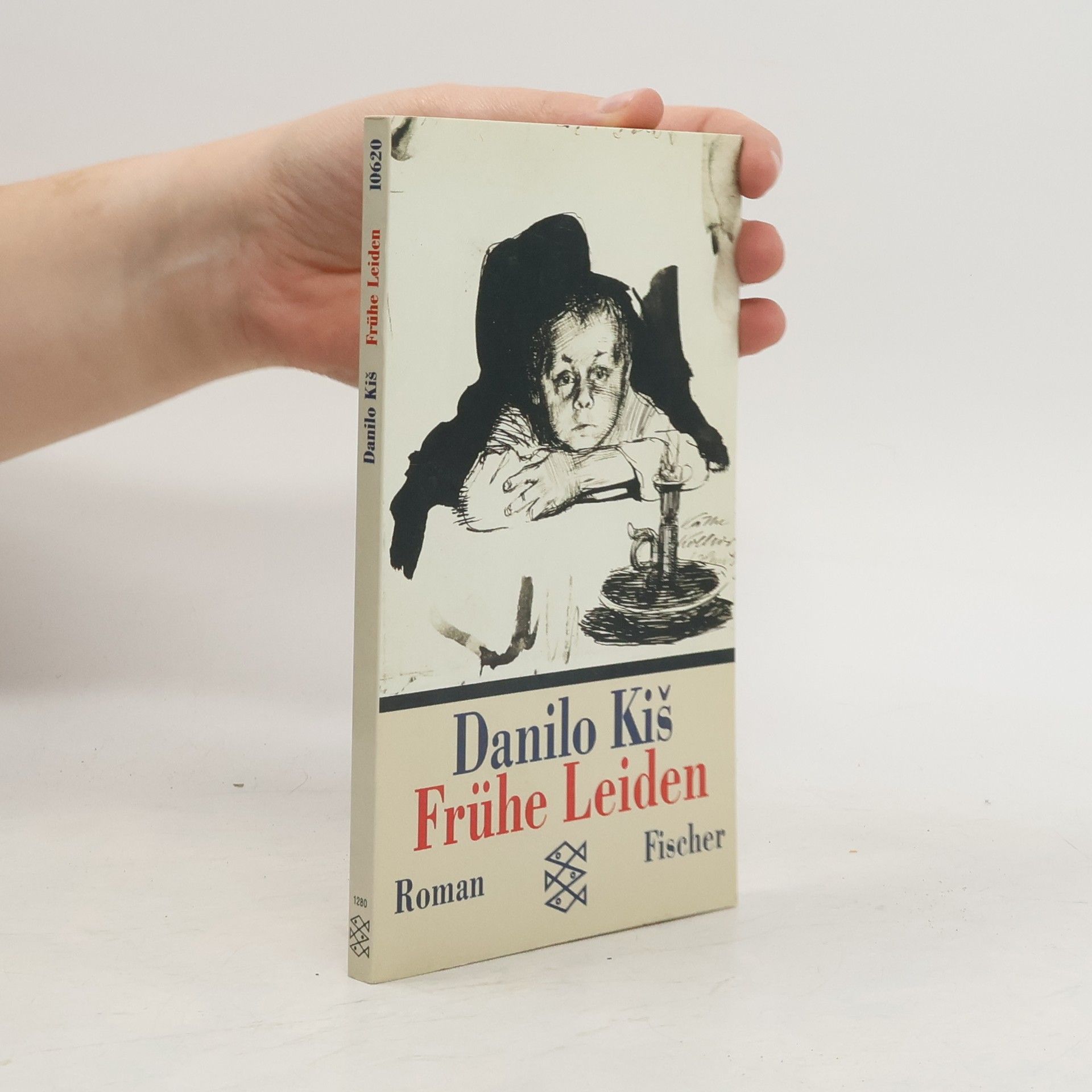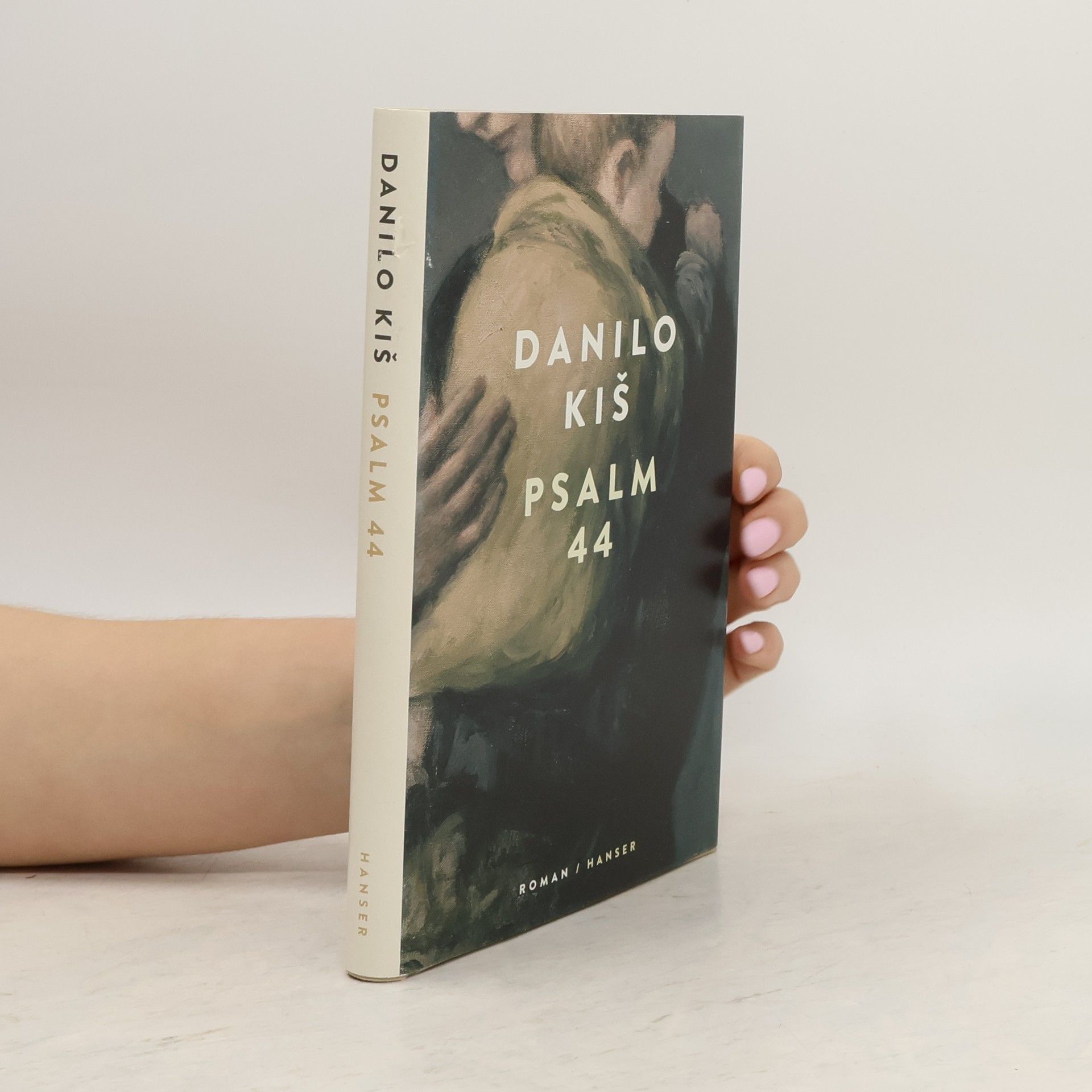This collection of short stories depicts human relationships, encounters, landscapes and the multitude of details that make up human life.
Danilo Kiš Books
Danilo Kiš was a profound literary voice whose work delves into the deep scars of loss and the quest for identity amidst tumultuous historical periods. Drawing heavily from personal experiences of wartime trauma and familial devastation, his prose possesses a raw, unflinching emotional intensity. Kiš masterfully blurs the lines between fact and fiction, exploring the nature of memory and inherited legacies. His narratives resonate with a powerful urgency and literary precision, compelling readers to confront the darker aspects of the human condition and the enduring strength of the human spirit.

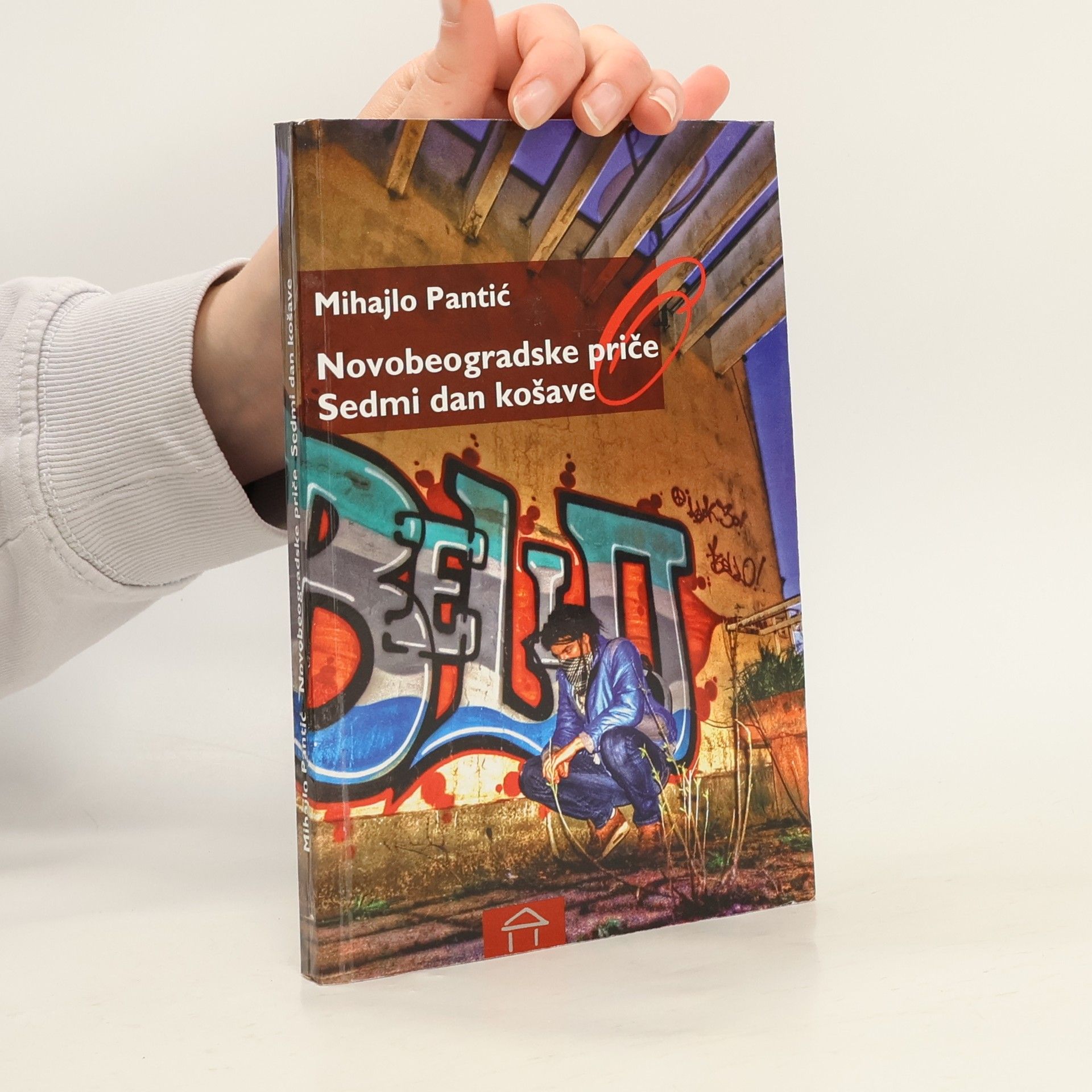


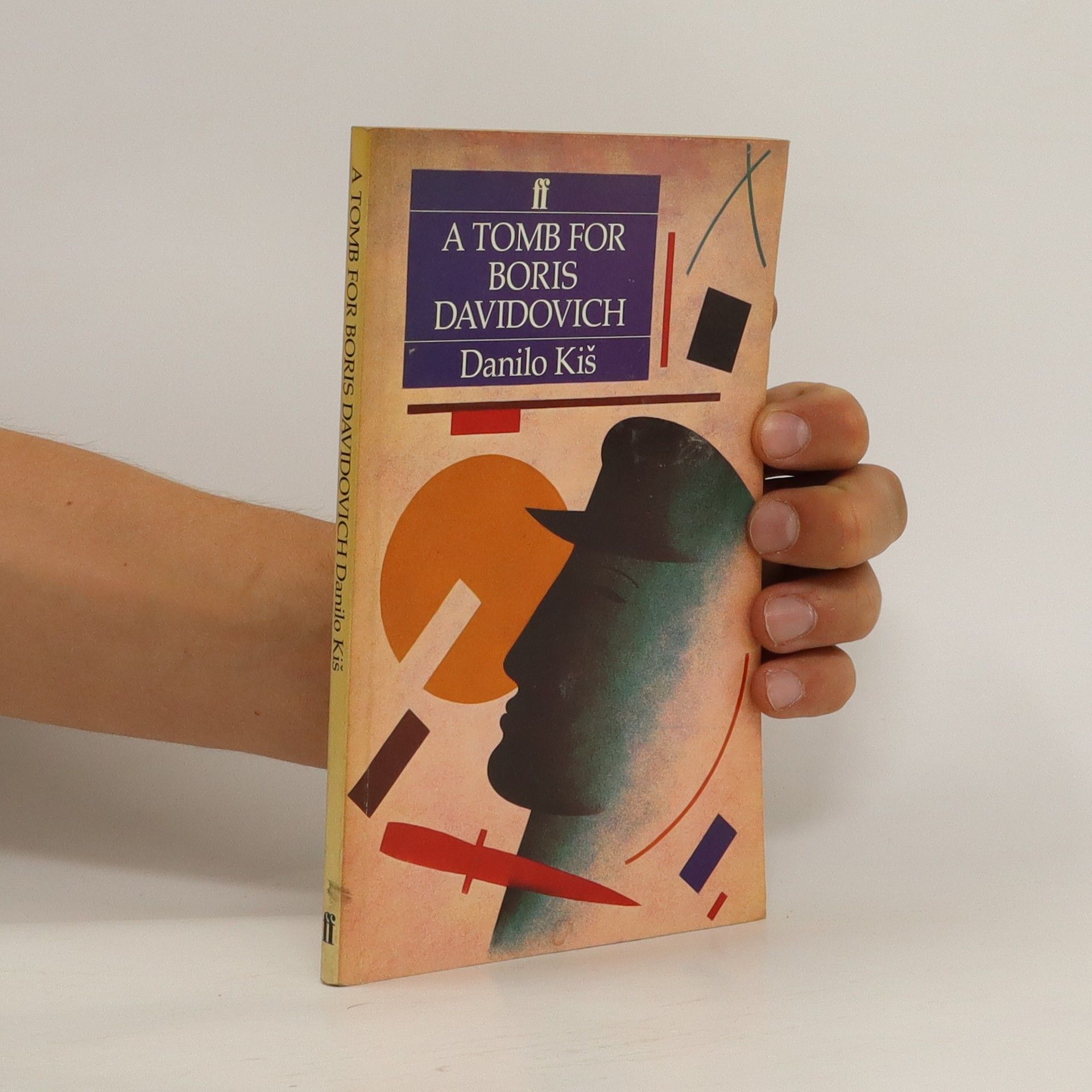
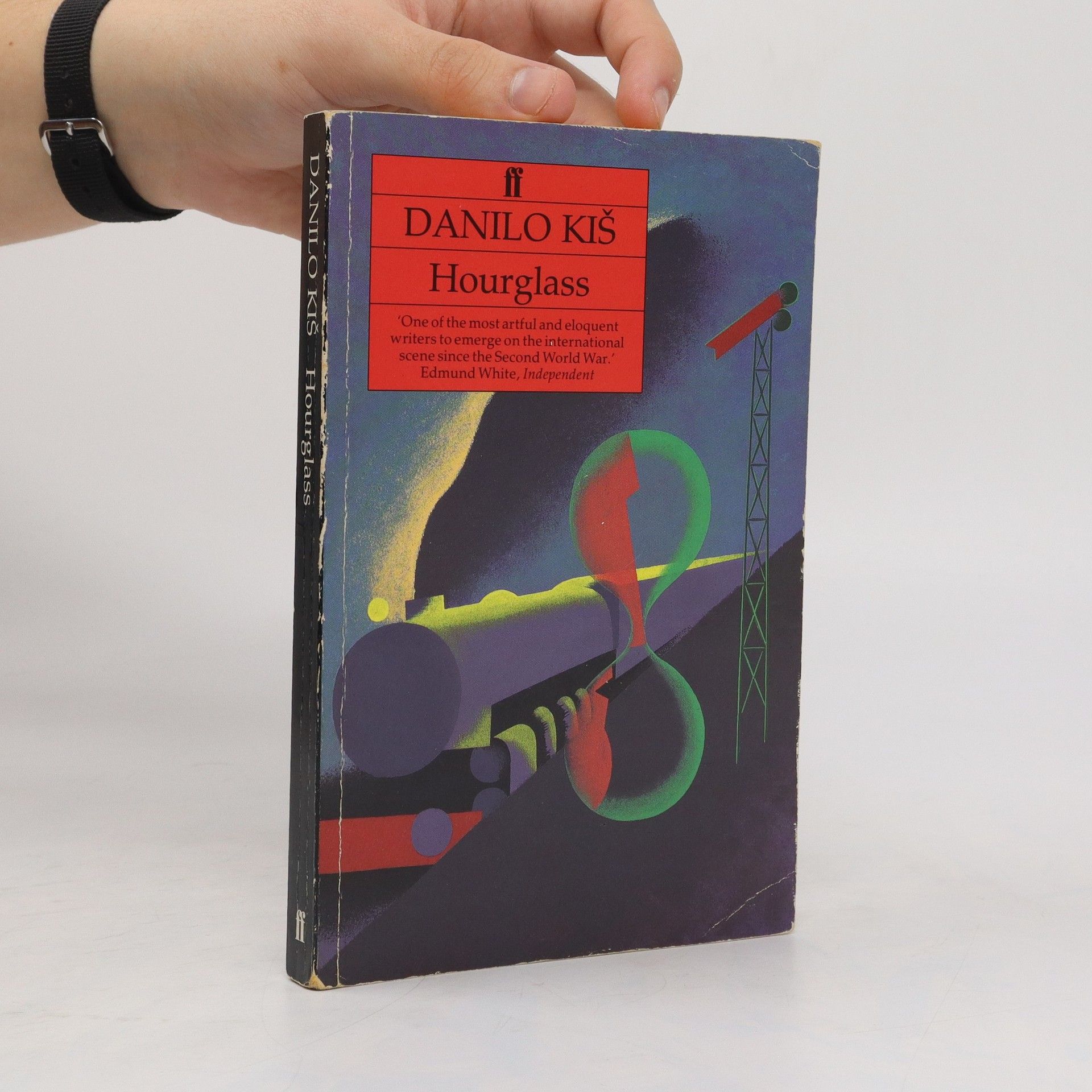

'The Hourglass' tells the story of the final months of one man's life in the period leading up to his dispatch to a concentration camp. It is considered to be Danilo Kis's masterpiece.
A Tomb for Boris Davidovich
- 135 pages
- 5 hours of reading
Composed of seven dark tales, A Tomb for Boris Davidovich presents variations on the theme of political and social self-destruction throughout Eastern Europe in the first half of the twentieth century. The characters in these stories are caught in a world of political hypocrisy, which ultimately leads to death, their common fate. Although the stories Kis tells are based on historical events, the beauty and precision of his prose elevates these ostensibly true stories into works of literary art that transcend the politics of their time.
The Encyclopedia of the Dead
- 208 pages
- 8 hours of reading
Danilo Kis is one of the greatest voices of twentieth-century Europe. This collection of short fiction delves into uncanny characters, magical places and millennia of history. From the story of a counter-prophet, Simon Magus, who performs a blasphemous miracle in ancient Samaria, to 'Red Stamps with Lenin's Head', revealing the heartbroken secret of a poet's work, to 'The Encyclopedia of the Dead' an almighty catalogue of the life of every ordinary person to have died since 1789, these are tales brimming with imagination, horror, comedy and the sublime.
The Legend of the Sleepers
- 64 pages
- 3 hours of reading
'Sleepers awake in a remote cave and the ancient mystic Simon Magus attempts a miracle, in these two magical, otherworldly tales from one of the greatest voices of twentieth-century Europe.
Lauta i ožiljci
- 176 pages
- 7 hours of reading
Kis’ Buch Ein Grabmal für Boris Dawidowitsch stieß bei seinem Erscheinen in Jugoslawien auf heftigste Kritik - der tatsächliche Grund war politischer Natur. Anatomiestunde ist Kis’ Antwort auf die Vorwürfe und gilt heute als sein poetologisches Vermächtnis. Diese hinreißende Polemik gegen jede doktrinäre Form von Literatur und Kritik ist gleichzeitig einer der wichtigsten Beiträge zur Poetologie des 20. Jahrhunderts.
Frühe Leiden. Roman
- 152 pages
- 6 hours of reading
Zum 30. Todestag am 15. Oktober 2019 erstmals übersetzt: Der zweite, wegweisende Roman von Danilo Kiš. Der erstmals ins Deutsche übersetzte Roman von Danilo Kiš aus dem Jahr 1962 erzählt von der Jüdin Maria, die 1944 mit ihrem sieben Wochen alten, im Lager geborenen Sohn aus Birkenau flieht. „Nie wieder hat Kiš das Thema der Judenverfolgung mit solcher Direktheit angegangen, gleichsam auf körperliche Art und in Nahaufnahme“, schreibt Ilma Rakusa in ihrem Nachwort. Die Geschichte der Flucht verwebt er kunstvoll mit Rückblenden aus der Kindheit Marias, wie die antisemitischen Übergriffe in der Schule und das Massaker von Novi Sad. „Psalm 44“ ist sowohl thematisch als auch sprachlich ein wichtiger Baustein des zum 30. Todestag am 15. Oktober nun vollständig übersetzten Werks.


